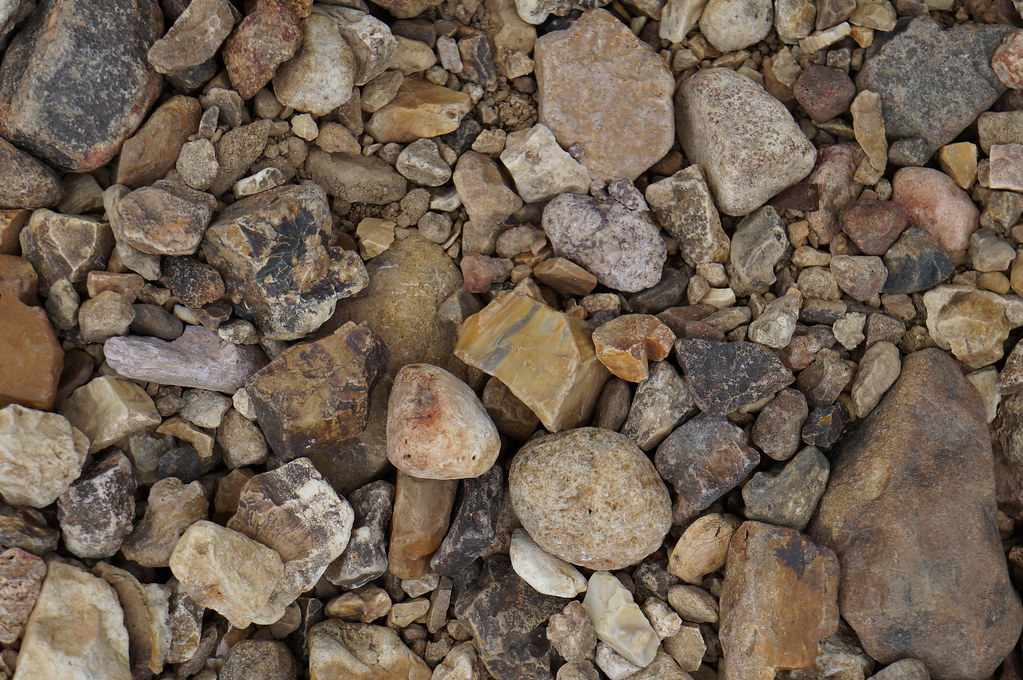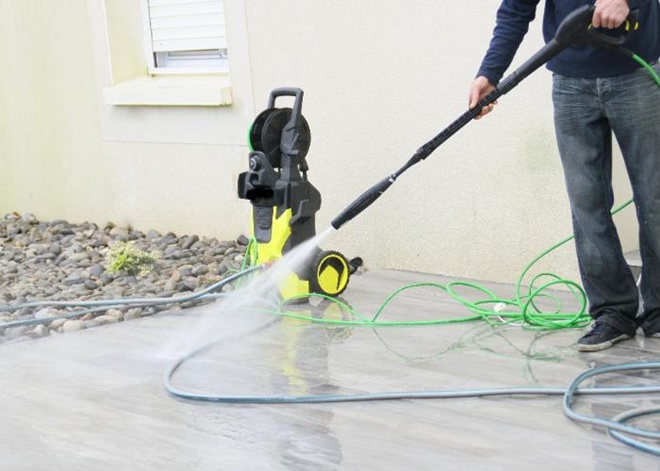Introduction
Whether it’s from the remains of glacial moraines or gravely dry washes, rocks may be incorporated in the soil due to various reasons. Unlike popular opinion, all types of rocky soil aren’t unsuitable for landscaping. When you hire professionals by searching for “landscape companies near me”, they will tell you that the nature, size, and density of the rocks inside the soil dictate a soil’s suitability for landscaping. Let’s check out some of the challenges of landscaping in rocky soil and their solutions:
The Challenges
- Lawn Creation – Turf grass is sensitive and usually requires a soil type that’s free from rocks. Apart from growing difficulty, rocky soil also makes it difficult for someone to mow the lawn closely. The blades of the machine or tool you use to mow the lawn would be easily damaged by the underlying rocks. That’s why landscaping companies assess and grade the proposed lawn area before managing the visible rocks. If you have a big property, they use specialized heavy equipment like rock rakes to comb rocks away from the surface of large areas of the soil.
Once the large rocks are removed and the soil is almost free from rocks, a new layer of topsoil is dumped over the ground before it’s graded to perfection. This layer isn’t just great for growing turfgrass but also minimizes the probability of rocks rising to the surface in the future. Topsoil is much denser than the native ground and hence it’s highly unlikely for rocks to rise.
- Grading – As mentioned above, grading rocky soil is very important so that it can support a specific structure whether it is trees, bushes, or something else. Apart from that, grading also helps improve the drainage of the soil so that any form of vegetation can thrive on it. However, that’s also where the problem arises. If you’re a mountain town resident or live in someplace that mainly has rocky soil, you know the grading tractor or Bobcat would get demolished if they were used for grading. Their blades would curl, bend, or get completely chipped away. The problem is further amplified when the rocks are in dense clay soil that adds a bit of resistance to any applied pressure.
Make sure that the contractor you hire has the right tools and special equipment for the job. Otherwise, shady businesses may pass on the cost of repairing that equipment to you and even delay the project by several weeks. Any decent landscaping company would size the heavy equipment perfectly so that they can handle all kinds of heavy and dense rocks that may come their way. Smart landscaping companies often tie up with grading contractors who specialize in this type of job to stay flexible and cost-effective.
- Excavation of the land – Building any sort of landscaping feature requires excavation, whether it’s for a swimming pool, fence posts, or a planting hole for trees and shrubs. Any sort of foundation would require excavation. Your landscaping company should be able to source certain kinds of equipment that will get the job done in such soil conditions. For instance, regular trenching machines used for burying long pipes isn’t can easily get damaged in rocky soil and aren’t fit for use in these scenarios.
Don’t hire landscaping companies that do not know about proper equipment. Otherwise, they may hand dig the trenches which would quickly shoot up the overall costs and also project completion time. A landscaping company that specializes in rocky soil should be able to source a mechanized auger that drills holes for trees, fences, and footings in no time. For large boulders, they may even need to use powerful jackhammers to blast and relocate the heavy rocks.
- Pile and Remove – When you work on rocky soil and go through the various steps, you will end up with a large stockpile of rocks by the end of the project. Homeowners can’t take care of that kind of heavy load. That’s why it’s important to hire the right landscaping company that has handled this kind of project before and has all the right mechanisms in place to take care of the large stockpile of rocks. Ask the company if they have contracted trucks for moving away crops of rock from your property to a dumping site.
Smart landscaping companies save costs by eliminating the hauling and dumping process. Instead, they use the excess rock piles into the landscaping project and design ahead. That’s why they assess the nature of the stones on site and design elements that use similar-sized rocks and turn the disadvantage in their favor. Those rocks are either converted into cobbles, flagstones or turned into slats and used in various ways. For instance, the excess rocks may be used for redirecting water and controlling its flow, for making slopes to minimize erosion, making it into a dry-stone wall, and a lot more. It’s best to opt for landscapers that provide you the option of incorporating the excavated rocks into the landscaping design since it provides unique personal characteristics to your lawn.
- Planting the site – All plants will need a planting hole and unsurprisingly this requires special tools as well when the soil is rocky. Tools like pickax, and heavy pry bar for digging large tree holes. For large landscaping projects, you’ll need the help of a mechanized auger. If possible, try to avoid boxed specimen trees that have large root balls. They need larger holes and dogging them isn’t just a pain but may expose boulders and large rocks on deeper levels that will increase the cost of the project and time required to complete it. That’s why it’s important to stick to plants that have a relatively smaller root ball.
Conclusion
By now you know the hardships of homeowners due to rocky soil and how landscaping companies with extensive expertise in the subject can solve those issues. That’s why it’s best to search for “landscape companies near me” and outsource the job to pros who are forced to face and tackle these challenges head-on.




